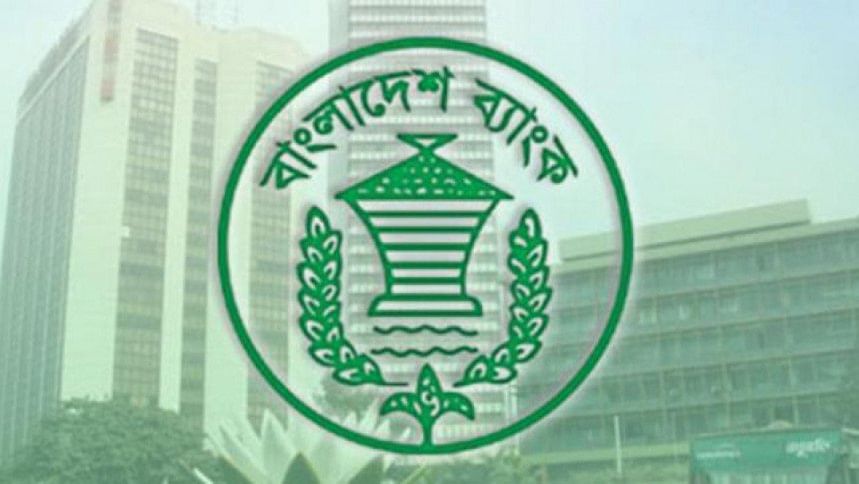Private sector’s foreign debt down by over $1b

The private sector's foreign debt decreased by 4.3 per cent, or more than $1 billion, in the second quarter of the current fiscal year following Bangladesh Bank's strict measures to control imports.
By the end of December 2022, the country's total private sector foreign debt amounted to $24.1 billion while it was $25.4 billion earlier in September.
The private sector foreign debt saw a gradual increase in each quarter since December 2020 and stood at $25.95 billion in June 2022.
Following the start of the Russia-Ukraine war in February last year, prices of various products increased. As a result, Bangladesh's import costs rose, which put pressure on the country's foreign currency reserve.
Amid this, the central bank imposed various restrictions on the import of non-essential products in May last year.
Of the total private sector foreign debt, short term buyers' credit decreased by $626 million and stood at $9.56 billion in December last year while it was $10.19 billion in September.
By the end of December 2022, the country's total private sector foreign debt amounted to $24.1 billion while it was $25.4 billion earlier in September
Also, deferred payments reduced to $698 million in December from $815 million in September.
Other short-term loans reduced by $454 million to $3.64 billion in December.
Moreover, long-term loans reduced by about 20 per cent and stood at $1.06 billion.
Prof Mustafizur Rahman, a distinguished fellow of the Centre for Policy Dialogue, said a majority of private sector foreign debt was trade loans.
Such a decline is normal as the central bank imposed various restrictions on import, he said.
Due to the central bank measures, the private sector was left with limited scope for availing foreign loans, he added.
He also said due to the depreciation of the taka against the US dollar, the cost of imported goods has increased. As a result, traders thought that there would be a fall in demand for imported goods, which discouraged them from going for imports.
"This could be termed as a reflection of the current situation," he further said.
He also said the reduction of deferred payments of foreign loans was a good sign and this shows that the country's economy was recovering.
Zahid Hussain, former lead economist of the World Bank's Dhaka office, said the total private sector external debt has declined since March 2022, reflecting entirely a decline in short term trade credit and long-term loans of private commercial banks.
In theory, the decrease in short-term private external financing could have resulted from decreased demand due to increased cost of finance in international markets and the expected depreciation of the taka.
"The outstanding loans are mostly variable rate loans linked either to LIBOR or SOFR. These have been rising and the taka has depreciated significantly," he added.
Hussain then said that as the domestic market rate has remained capped, borrowers may have decided to substitute domestic debt for costly foreign currency debt.
"These can explain the decline in the short-term private sector loans and the long-term loans of private commercial banks but not the decline in foreign back-to-back LC and buyers' credit," he added.
Hussain went on to say that there may be a confidence problem in rolling over the debt owing to uncertainties about the ability of Bangladeshi borrowers to repay on time.
Increased deferred payments in the first half of 2022 due to dollar shortage created a reputation risk, the likes of which did not previously exist.
"The overall decline in private external debt has in fact exacerbated the dollar shortage. Increase in long term loans of private sector enterprises only partly alleviated the pressure arising for repayment of short-term external debt," he said.
"This only underscores the importance of measures to stabilise the balance of payments that must go beyond the draconian administrative controls to compress imports," Hussain added.


 For all latest news, follow The Daily Star's Google News channel.
For all latest news, follow The Daily Star's Google News channel. 








Comments